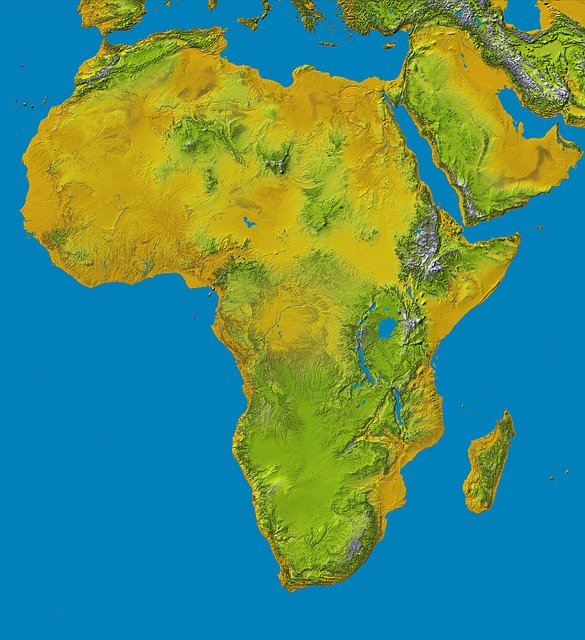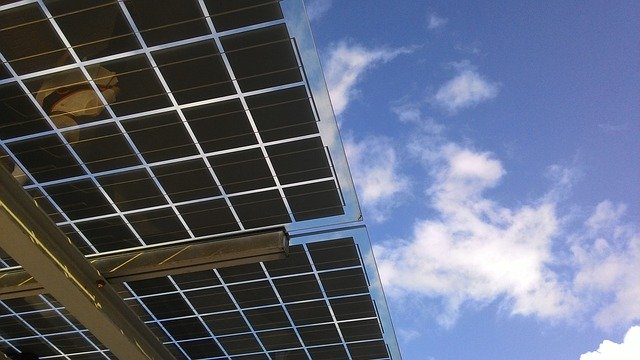
Africa on brink of solar power revolution
London, August 02, 2024, (Oilandgaspress) ––Remarkable technological advancements have increased the efficiency – and slashed the cost – of solar power, making it a much more viable option in Africa. Over the past four decades, the price of solar panels has plummeted by a staggering 99 per cent, a development heralded as a triumph for renewable energy.
Breakthroughs in photovoltaic cell technology have also been a game-changer, boosting conversion efficiency so that more power is harvested from sunlight than ever before.
The cost of polysilicon, the high-purity silicon used in solar panels, has been steadily decreasing due to soaring demand. China, a major polysilicon producer, has incentivised production with subsidies and tax breaks, making it more affordable to produce and purchase. Advances in manufacturing have led to the production of thinner silicon wafers – the part of a solar panel which converts photons from sunlight into direct current electricity – reducing waste.
Scaling up production facilities has also played a significant role in cost reduction.
Government policies have further expanded global markets, with initiatives like feed-in tariffs, tax incentives, and renewable energy mandates driving worldwide adoption of solar power. At the same time, a streamlined global supply chain for solar components has reduced expenses related to transportation and logistics.

Across the globe, most solar panel installations are undertaken by utilities. However, in Africa, 65 per cent of new capacity in the past two years has been generated through direct contracts between large firms and developers.
In Nigeria, the phasing out of petrol subsidies last year accelerated the transition to cleaner energy sources. Shell, the British oil giant which has had a major presence in Nigeria since 1937, recently acquired Daystar Power, a startup that has equipped numerous large domestic businesses with solar power systems.
In Kenya, distributed renewable energy (DRE) firms employ over six times more people than the country’s largest utility company. Similarly, in Nigeria, these firms have generated nearly as many jobs as the entire oil and gas industry combined.
The cost of solar panels in South Africa fell by 15 per cent between 2019 and 2023, having already declined by almost 90 per cent in the 2010s. In the last two years, solar capacity in the country has almost tripled.
Industry estimates indicate that over 400 million Africans now receive electricity from solar home systems. From 2016 to 2020, more than ten times as many mini-grids, predominantly solar-powered, were established compared to the previous five years.
Information Source: Read More
Oil and gas press covers, Energy Monitor, Climate, Renewable, Wind, Biomass, Sustainability, Oil Price, LPG, Solar, Marine, Aviation, Fuel, Hydrogen, Electric ,EV, Gas,

